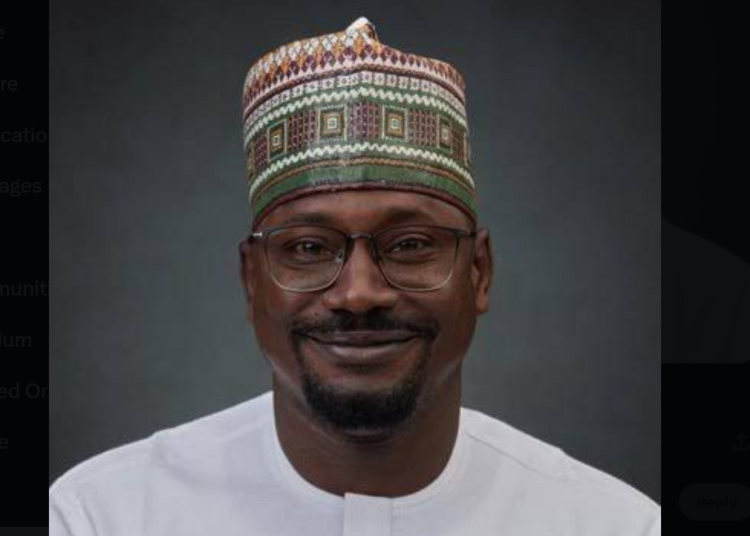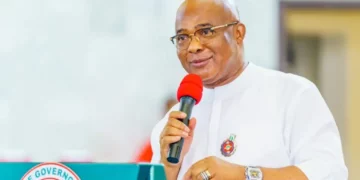The Managing Director of the Rural Electrification Agency (REA), Engr. Abba Aliyu, has affirmed that Nigeria has the highest number of people living without access to electricity in the world, with an estimated 90 million citizens still in darkness.
Aliyu, who was a guest on Channels Television’s ‘Morning Brief’ on Monday, stated that while the figure remains alarming, the federal government of Nigeria was actively working with the private sector to close the energy gap, with over 70 million Nigerians now enjoying electricity.
“Nigeria has the highest number of people without access to electricity, and this is the first time that I am seeing a government dealing with it. In the world, apart from India, there is no government that has devised a structure to get people out of the electricity poverty like we are doing now,” he said.
When asked about the authenticity of the 90 million electricity poverty figure, Aliyu clarified, “No, I am not contesting that. I am saying that we are addressing that number. Under the REA, we have provided electricity to 70 million people, and I can give you the data.
“We have just one programme that is targeting 17.5 million. By three years, 17.5 million will be out. The president’s visit to Japan will also provide electricity to another 1,830,000 Nigerians. We are working on the E-Heart project that will target 16 million, but we do not have the financing yet.”
The REA boss explained that the agency’s approach was built around incentivising the private sector to deliver commercially viable infrastructure, as opposed to the traditional system of government-issued contracts.
“We built the structure around the private sector. The minister of power is a finance guy, so we deployed a commercially viable infrastructure. The private sector has its own money deployed plus our capital, which means they have the responsibility of ensuring the infrastructure works over time to recover their investments,” Aliyu stated.
He highlighted examples of successful projects, including mini-grids at Alex Ekwueme University and the University of Agriculture, Makurdi, which have operated for over five years, as well as a 20,000-kilowatt solar and hydro power project in Balanga, Gombe State, that is supporting local wheat farming.
Aliyu also revealed ongoing efforts to expand renewable energy sources such as solar, biomass, and wind.
While solar remains the most economical option, he noted that a memorandum of understanding has been signed with the Nigerian Wind Council to explore large-scale wind power generation.
He further stressed that REA was developing a renewable asset management framework to ensure sustainability, allowing failed projects to be refurbished and reintroduced into the energy ecosystem.
Aliyu promised to release verifiable data after the programme to back the agency’s achievements, assuring Nigerians that the current strategy was designed to ensure lasting access to electricity, especially in rural and underserved areas.



